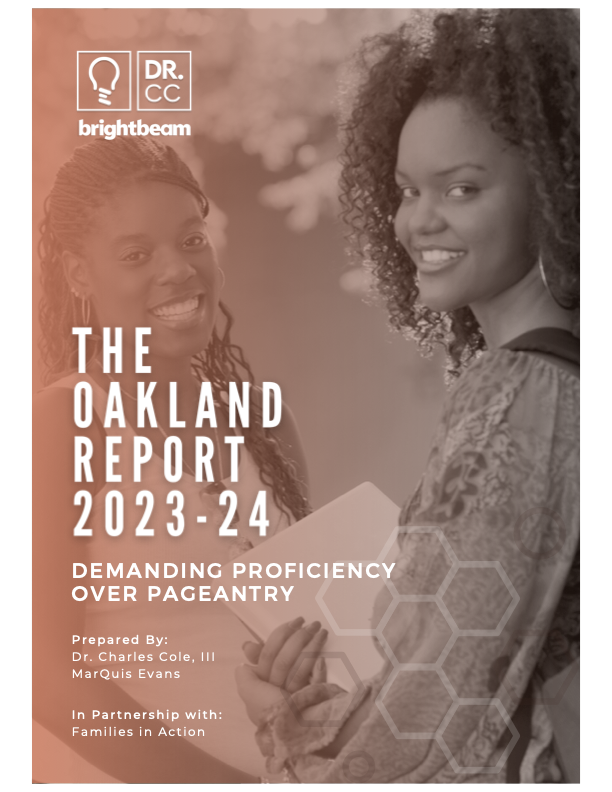Chronic absenteeism is a silent crisis plaguing Oakland schools, and the COVID-19 pandemic has only made it worse. Despite many students believing they have satisfactory attendance, the harsh reality is that far too many are missing critical instructional time. This disconnect has severe consequences for student learning, engagement, and long-term success.
Our recent report reveals that while 80 percent of students think they have satisfactory attendance, only 42 percent actually do. This gap is alarming and has significant implications for our students’ futures. Chronic absenteeism is linked to lower academic performance, increased dropout rates, and diminished prospects in the job market. It’s a problem that affects all racial groups, but it disproportionately impacts our Black, Latino, Native American, and Pacific Islander students.
To tackle this issue, we need to understand the underlying causes of absenteeism and address them head-on. Students have offered valuable insights into potential solutions, such as rewarding good attendance, providing hybrid learning models, and starting school later in the day. These ideas reflect the real needs and experiences of our students and should be seriously considered by policymakers and educators.
Parents and educators also play a crucial role in addressing absenteeism. Parents should monitor their child’s attendance and work closely with school staff to ensure their child is attending regularly. Schools must create a supportive environment that encourages attendance and addresses the barriers that keep students from coming to school.
Chronic absenteeism is a complex issue, but by working together, we can find effective solutions. Let’s prioritize attendance and ensure that every student has the opportunity to succeed. The future of our children and our community depends on it.
Read the full report here: The Oakland Report 2023-24: Demanding Proficiency Over Pageantry


